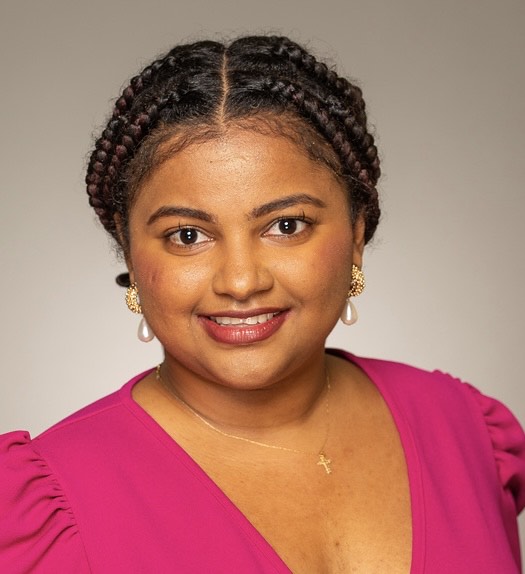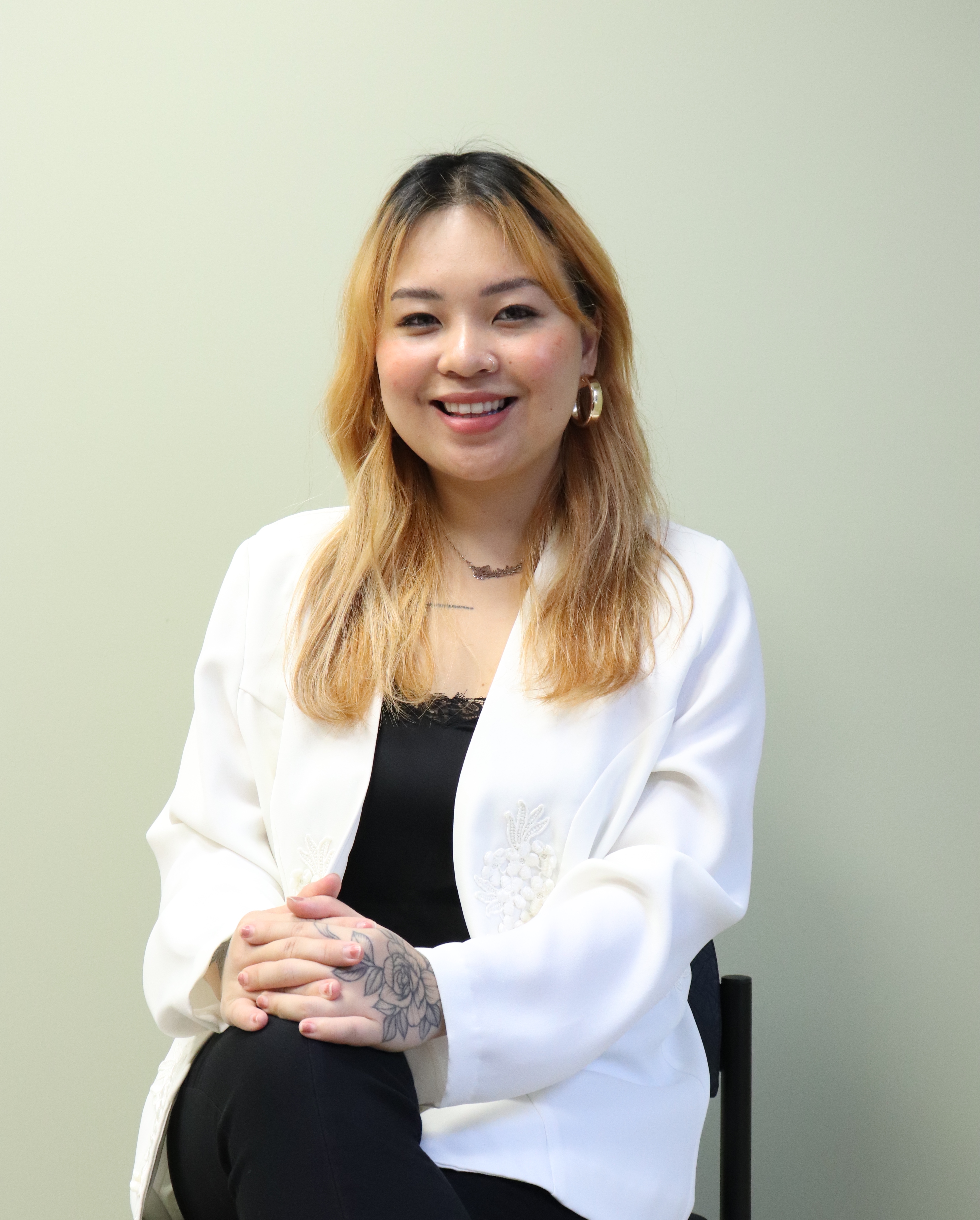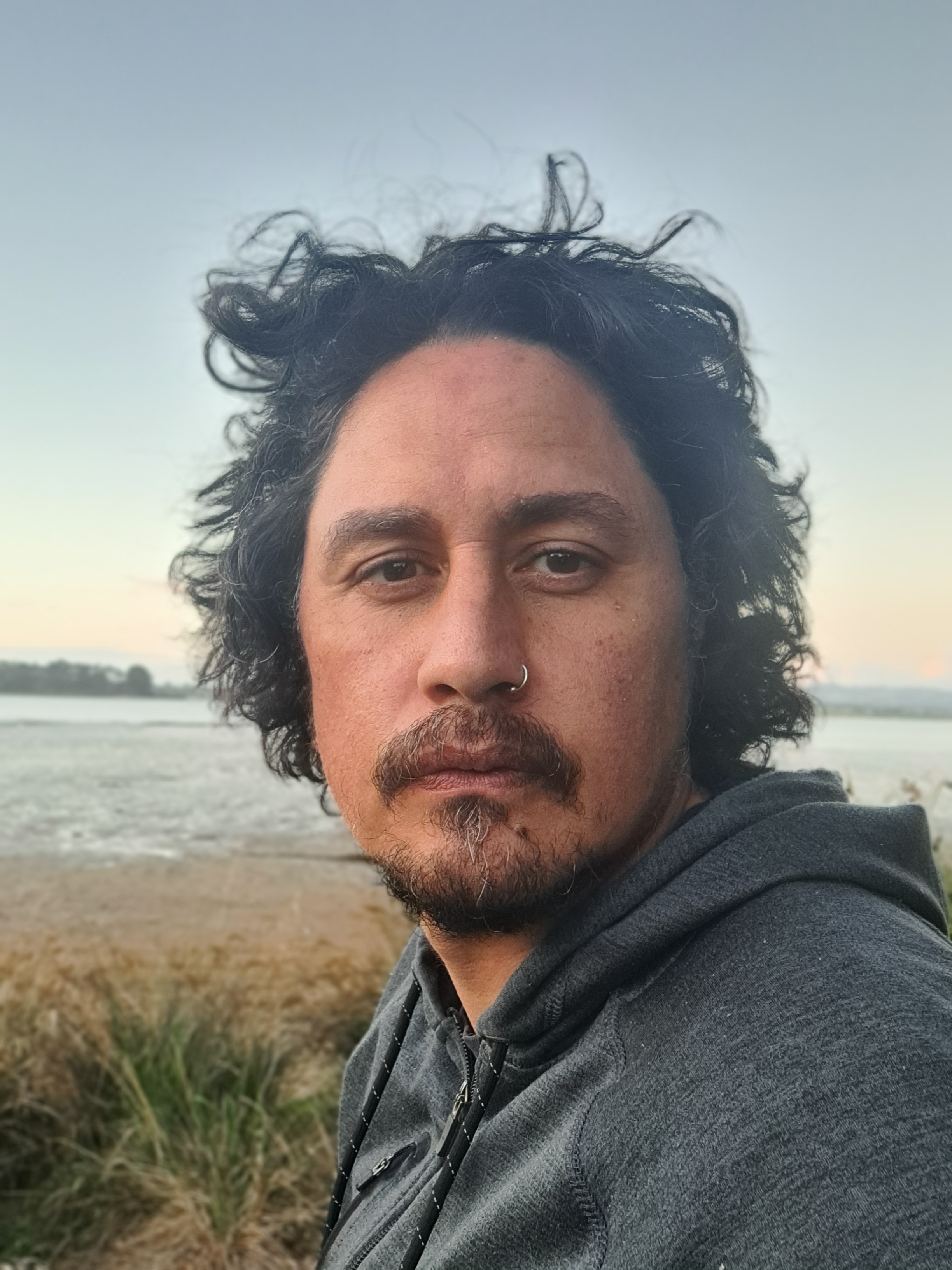Youth Summit Workshops
 Beyond the summit: Sustaining youth advocacy movements
Beyond the summit: Sustaining youth advocacy movements
Sydona Chandon is a powerhouse advocate and experienced executive director with over 5 years of combined experience working with non-profits. She thrives to do meaningful work and is committed to impacting change through creating structural solutions that will benefit and advance grass-rooted organizations.
She has invested her time in creating and building community here in New Brunswick through mentoring young people and advocating for many policy changes. Sydona is the recent recipient of the 2023 Youth Human Rights Award in her Province. Her background in Liberal Arts education (STU Alum), paired with excellent leadership and relational skills makes her an asset to any field.
Sydona has been the moderator and presenter for many meaningful sessions delivered by community organizations. She aims to utilize her engaging expertise on action driven advocacy in this session. Come prepared to take notes and be interactive.
About the Workshop
The "Beyond the Summit: Sustaining Youth Advocacy Movements" workshop at the NB Racialized Youth Summit is designed to equip young advocates with the skills and strategies needed to maintain momentum in their activism long after the event. This session aims to empower participants with knowledge on how to build sustainable advocacy campaigns, leverage community resources, and foster long-term engagement.
The aim of this session for students and staff is to understand the importance of giving youths the space, tools, and opportunity to be their full selves. Reminding them that they are the future of our province and despite the many barriers they face, they can triumph through raising their voices and allowing it to be heard at all levels of institutions & government. For staff, this is key in understanding youth advocacy and encouraging youths who are passionate about DEI and Justice to have a platform to do so through educational programs, co-curricular activities on and off campus. There is space for growth and improvement in our province and much of this will be spearheaded by our youths. It is integral that we empower them to think beyond their struggles and assist in removing those barriers for generations to come.
Highlights include expert-led discussions on effective coalition building, fundraising, and digital advocacy, and interactive activities where attendees (Youth) will develop personalized action plans and receive feedback from experienced mentors (school staffs, champions, allies). By focusing on practical tools and strategic planning, this workshop on beyond the summit, ensures that youth advocates leave the summit with a clear vision and actionable steps to continue their efforts in driving social change.
Youth Led Advocacy 101
Kalkidan Burke is an ambitious individual pursuing a Bachelor of Arts degree at the University of New Brunswick. She is entering her 4th year, majoring in Philosophy with a minor in Criminology.
In addition to her academic pursuits, Kalkidan is a dedicated activist in her community who has successfully led multiple protests of racial injustice. Her tireless efforts in this regard earned her the Burke's Silver Medal of Honor Award.
About the Workshop
The Youth-Led Advocacy Workshop at the upcoming NB Racialized Youth Summit is designed to empower youth to become effective advocates for social change. The workshop aims to provide participants with the tools, knowledge, and confidence needed to address issues of racial injustice and inequality within their communities. Through interactive sessions, participants will learn about the fundamentals of advocacy, including how to identify key issues, develop strategic action plans, and effectively communicate their messages to various audiences.
By fostering a collaborative environment, the workshop encourages youth to share their experiences and insights, fostering a sense of solidarity and collective action. Session highlights include keynote addresses from experienced youth advocates, hands-on training in public speaking and media engagement, and breakout discussions on topics such as policy change, community organizing, and digital activism. Participants will also engage in role-playing exercises to practice lobbying techniques and scenario planning. The workshop will culminate in a group project where attendees will design and present their own advocacy campaigns to school champions and leaders in the schools, receive feedback. This dynamic and engaging workshop not only equips young people with practical advocacy skills but also inspires them to take leadership roles in their ongoing efforts to promote equity and justice.
 Navigating Intersectionality: Embracing diverse identities
Navigating Intersectionality: Embracing diverse identities
Hillary Nguyen is a first-generation immigrant from Vietnam. She studied in New Zealand as an international student and moved to Canada with her family in 2011; Hillary’s life is a constant tug of war between cultures and identities. She has always been determined to create platforms and opportunities for underrepresented voices and bring individuals from diverse backgrounds together where they can thrive and build tight-knitted communities. She has spoken and shared her lived experiences as an Asian woman on several panels to raise awareness about intersecting identities and the unique struggles of a racialized person. Hillary has been instrumental in promoting decolonization, diversity, and inclusion within the community by initiating intercultural exchange programs, creating more educational spaces among student groups, and advocating for cultural competence training for staff and faculty.
About the Workshop
Join us for an engaging and transformative session designed to empower youth by exploring the concept of intersecting identities. This interactive presentation will delve into the various facets of identity, including race, ethnicity, gender, sexuality, religion, and socio-economic background, and how these aspects interplay to shape our experiences and perspectives.
Objectives:
- To provide a safe and inclusive space for youth to reflect on their own identities.
- To foster understanding and appreciation of diverse backgrounds and experiences.
- To encourage self-awareness and personal growth.
- To build a sense of community and support among participants.
Session Highlights:
- Understanding Intersectionality: Learn about the concept of intersectionality and how different aspects of identity intersect and influence one another.
- Personal Reflection Exercises: Engage in activities designed to help you reflect on and articulate your own identity.
- Story Sharing: Hear from peers and guest speakers who will share their personal journeys of navigating multiple identities.
- Group Discussions: Participate in facilitated discussions that promote empathy, understanding, and respect for diverse experiences.
- Empowerment Strategies: Discover practical tools and strategies to embrace your unique identity and advocate for yourself and others in various contexts.
 Youth, Mental Health, and Advocacy: Breaking the Silence
Youth, Mental Health, and Advocacy: Breaking the Silence
Daniel is a mental health practitioner who is passionate about working with Indigenous clients. Originally from Aotearoa, his genealogy includes the Ngāti-hine and Tūhoe peoples and European ancestry. Since immigrating to the Maritimes in 2004, Daniel has had the privilege to travel across Turtle Island and visit with Indigenous communities spread across its vastness.
He is especially grateful for his connections to the Neqotkuk community for nourishing the spirit with community and relation.
“He aha te mea nui? He tangata! He tangata! He tangata!
“What is the most important thing? It is people! It is people! It is people! - (He whakatauki, a Māori proverb).
His background and these experiences shape his approach to health and wellness.
Our cultures are distinct, but our attitudes, the people are the same - Daniel"
About the Workshop
The objective of this workshop is to create a safe and supportive space for racialized youth to explore barriers to self-advocacy and mental health in the classroom, share their experiences and feedback, and collaboratively develop strategies for empowerment and advocacy.
Introduction
- Warm welcome to all participants, emphasizing the value of their voices and experiences in the session.
- Introduction of the facilitator, emphasizing their dedication to fostering a safe and inclusive space.
- Icebreaker activity aimed at building connections and fostering a sense of community among participants.
Exploring Experiences and Perspectives
- Guided discussion facilitated by the therapist, inviting participants to share their encounters with barriers to self-advocacy and mental health within educational contexts.
- Active listening and validation of participants' narratives, ensuring each voice is heard and respected.
Identifying Solutions and Coping Strategies
- Small group discussions moderated by the therapist, focusing on brainstorming actionable solutions and coping mechanisms to address the challenges raised.
- Encouragement for participants to draw upon personal experiences and insights to propose practical strategies.
Feedback and Self-Reflection
- Open forum for participants to provide constructive feedback on the proposed solutions and reflect on their potential efficacy.
- Facilitators guide the discussion, ensuring all feedback contributes to a collective understanding and fosters growth.
Empowering Youth Mobilization
- Presentation by the therapist on the significance of youth mobilization for mental health advocacy, highlighting successful initiatives led by young people.
- Encouragement for participants to contemplate their potential contributions to advocacy efforts within their schools and communities.
Closing and Commitment
- Final reflections from the therapist on the importance of the discussions and the potential for positive change.
- Opportunity for participants to share personal commitments to advocating for mental health and self-empowerment.
- Closing remarks expressing gratitude to participants for their engagement and contributions.

